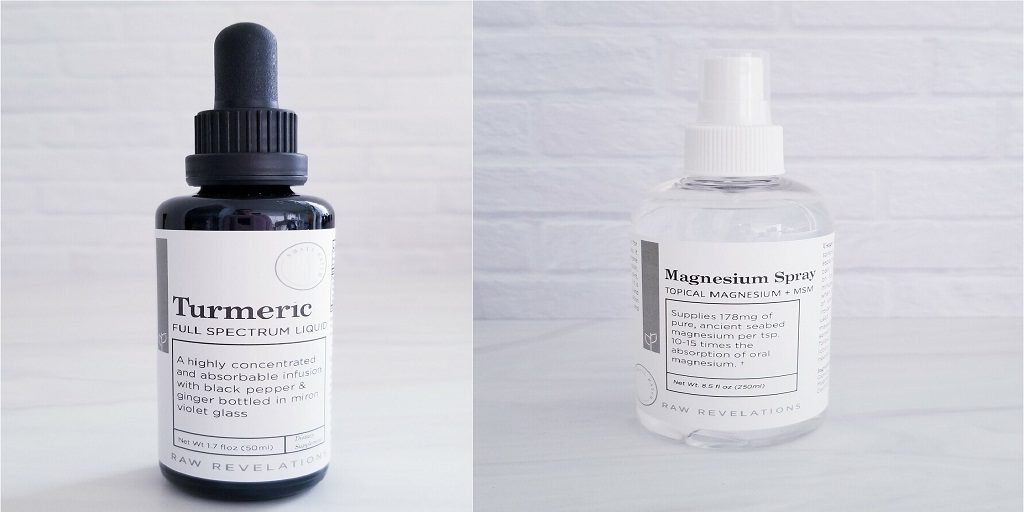Inflammation has become a chronic condition for millions of Americans, having a negative impact on the overall health of our communities. While inflammation is considered one of the many mechanisms our body employs to fight against infections and toxins, suffering from chronic inflammation can also be extremely harmful in the long run.
There are generally two types of inflammation. Acute inflammation manifests quickly in response to an injury and infection. It is generally a response of your immune system as it tries to repair the injury, and it is generally short-lived as it dissipates as soon as the problem is taken care of or recedes.
Chronic inflammation, on the other hand, is a low-level inflammation that persists over time. It can be caused by a number of things, including an ongoing infection, an autoimmune disease, or even obesity. The hallmark sign of chronic inflammation is swelling or pain, which can happen anywhere in your body.
If you’re experiencing any of the following symptoms, you may have chronic inflammation:
● Swelling in your joints
● Swelling in any part of your body
● Excessive fatigue
● Fever
● Night sweats
● Inexplicable weight loss or gain
● Difficulty breathing
● Internal pain
● Enduring infections
There are many potential causes for chronic inflammation, including autoimmune diseases, obesity, and environmental toxins. Unhealthy lifestyle choices such as smoking or regular alcohol consumption can also contribute to developing persistent inflammation conditions. Moreover, the hectic modern life and the ubiquitous use of technology may also play a role in this epidemic. These generate levels of chronic stress that can trigger instances of unremitting inflammation.
One of the most common causes of chronic inflammation is an infection that won’t go away. Many people mistakenly believe that if they can’t see the infection, it’s not causing any problems. However, infections such as sinus infections, gum disease, and urinary tract infections can all lead to chronic inflammation if they’re not treated properly.
However, one of the most common causes is a diet high in unhealthy fats and processed foods. This type of diet can lead to conditions like leaky gut syndrome, which allows toxins and other harmful substances to enter the bloodstream and trigger inflammation.
One way to counter the effects of these conditions and environmental factors is to understand what you eat and make better nutritional and lifestyle choices. To help fight inflammation, avoid foods that are high in unhealthy fats and processed sugars, and try to incorporate more anti-inflammatory agents and superfoods into your diet.
When we suffer from acute inflammation and pain, we are sometimes tempted to get over-the-counter pharmacological solutions like aspirin and ibuprofen. These non-steroidal anti-inflammatory drugs (NSAIDs) have fast-acting anti-inflammatory effects, making people think they “cure” their condition. However, they only block our body’s ability to produce the chemicals necessary to fight the underlying causes of inflammation and inhibit our ability to perceive pain. This momentary relief gives people the false perception that they have been “healed” when they’ve only masked the symptoms temporarily. This then makes it difficult for them to make the necessary changes in lifestyle to start truly fighting chronic inflammation and its underlying cause effectively.
Superfoods and herbal adaptogens are a great start. While they may not work as quickly as medication, they work in a holistic way to support your body rather than mask your symptoms. Their name only highlights the fact that these foods are very nutrient-dense, meaning that they can easily help rebalance our diets and provide the nutrients and antioxidants our bodies need to strengthen our cellular health and help our body’s fight inflammation at the source. Adaptogenic herbs work in a similar way, their unique biochemistry enables our body’s to better control inflammation levels by lowering stress hormones like cortisol, or by blocking various proteins, such as cytokines.
Supplements for inflammation
In addition to a healthy diet, there are a number of supplements that can help reduce inflammation. I find that Raw Revelations offers superfoods and supplements for inflammation and pain with active ingredients that act as natural analgesics and have anti-inflammatory powers, such as topical magnesium, astaxanthin and turmeric. They are also jam-packed with nutrients to help balance your daily nutritional intake. Visit their website and check out their wide selection of organic and non-GMO supplements, and start living a healthier life.



